16 New Faculty Join Columbia Engineering
Columbia Engineering has welcomed a new cohort of faculty with combined strengths in foundational, interdisciplinary, and translational research that help address some of the greatest challenges of our time.
Their research spans wave propagation phenomena, machine learning and genomic technologies for personalized medicine, sustainable mining, renewable and distributed energy resources, mathematical foundations of cyber-physical systems, data-driven algorithm design and combinatorial optimization, multi-physics modeling for cardiac disease and development, and AI methodology for the emerging fintech market.
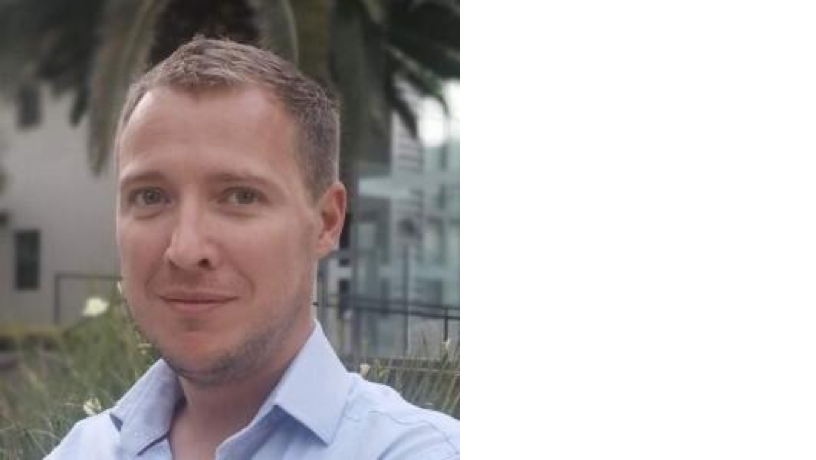
JAMES ANDERSON
James Anderson joined the Department of Electrical Engineering as an Assistant Professor in January 2020.
Anderson received his DPhil (PhD) from Oxford in 2012 and his MS (2006) and BSc (2005) degrees from the School of Systems Engineering at the University of Reading. Prior to joining Columbia, he was a senior research scientist at Caltech.
Anderson works at the interface of robust control, optimization, and data science. He develops theory and algorithms for distributed decision-making in the presence of uncertainty, with applications such as optimal power flow problems (with a focus on energy networks with renewable energy sources) and model-order reduction (for biochemical reaction networks). Current projects he’s working on include designing mechanisms that allow datasets to be made publicly available while providing privacy guarantees to owners of sensitive data, and a new computationally tractable approach to distributed control, known as System Level Synthesis. He has taught at St John’s College and St Hugh’s College at the University of Oxford, and at the California Institute of Technology. At Columbia he teaches courses on the mathematical theory of cyber-physical systems, as well as on systems theory for autonomous networks.
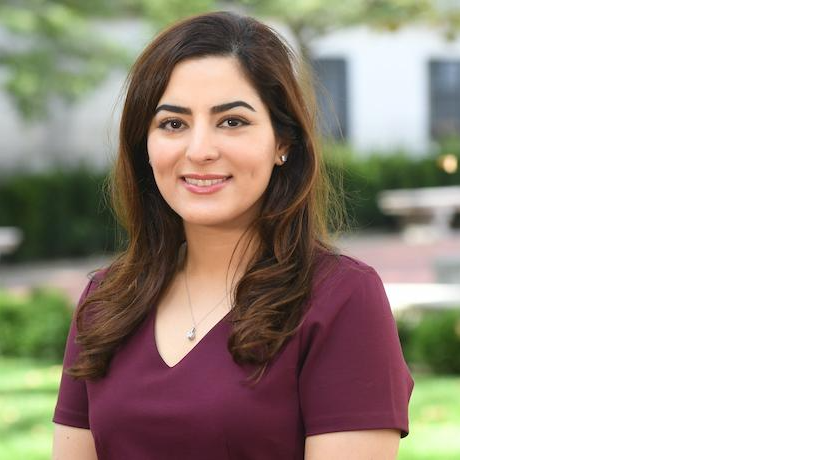
ELHAM AZIZI
Elham Azizi joined SEAS in January 2020 as an Assistant Professor of Biomedical Engineering and also as Herbert and Florence Irving Associate Professor of Cancer Data Research, Irving Institute for Cancer Dynamics. She is also affiliated with the Department of Computer Science, Data Science Institute, and the Herbert Irving Comprehensive Cancer Center.
She received her PhD (2014) and MSc (2010) from Boston University and her BSc from Sharif University of Technology (2008). She was a postdoctoral fellow at Columbia University and Memorial Sloan Kettering Cancer Center (2014-2019).
Azizi’s research focuses on characterizing the complex populations of interacting cell types in the tumor microenvironment and their underlying circuitry. Her interdisciplinary approach involves developing statistical machine learning methods for analyzing and integrating single-cell genomic and imaging data, and applying them to study heterogeneous cancer and immune cells, as well as their response or resistance to immunotherapies. These interpretable models can ultimately help guide improved and personalized cancer therapies. She is a recipient of the NIH NCI Pathway to Independence Award, the Tri-Institutional Breakout Prize for Junior Investigators and an American Cancer Society Postdoctoral Fellowship.
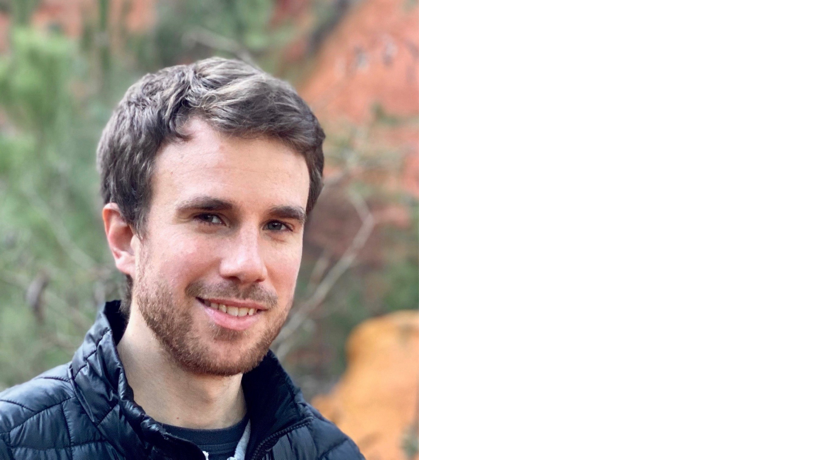
ERIC BALKANSKI
Eric Balkanski joined the Department of Industrial Engineering and Operations Research as an Assistant Professor in July 2020.
Balkanski received his PhD from Harvard University in 2019 and his BS from Carnegie Mellon University in 2014.
His research lies at the intersection of algorithms and machine learning. He is interested in developing novel optimization frameworks that are motivated by applications in machine learning. In particular, his research focuses on data-driven algorithm design, combinatorial optimization, and mechanism design. He develops novel models and algorithmic machinery to address modern challenges of decision-making. He is the recipient of an ACM SIGecom Doctoral Dissertation Honorable Mention Award, a Google PhD fellowship, a Smith Family Graduate Science and Engineering Fellowship, a Best Paper Award at the 18th Conference on Implementation and Application of Automata in 2013, and is also an Andrew Carnegie Society Scholar. He co-founded Robust Intelligence, an AI security startup.
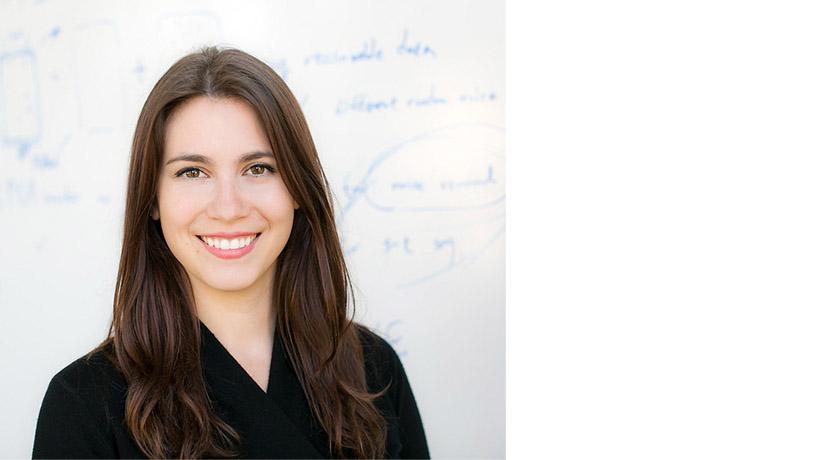
RACHEL CUMMINGS
Rachel Cummings joined the Department of Industrial Engineering and Operations Research as an Assistant Professor in January 2021.
Cummings received her PhD from the California Institute of Technology in 2017, her MS from Northwestern University in 2013, and her BA from the University of Southern California in 2011. Prior to Columbia, she was an Assistant Professor in the H. Milton Stewart School of Industrial and Systems Engineering at Georgia Tech.
Her research interests lie primarily in data privacy, with connections to machine learning, algorithmic economics, optimization, statistics, and information theory. Her work has focused on problems such as strategic aspects of data generation, incentivizing truthful reporting of data, privacy-preserving algorithm design, impacts of privacy policy, and human decision-making. She is the recipient of an NSF CAREER Award, a JPMorgan Chase Faculty Award, a Google Research Fellowship for the Simons Institute program on Data Privacy, a Mozilla Research Grant, a Caltech Leadership Award, and the Best Paper Award at the 2014 International Symposium on Distributed Computing. Cummings also serves on the ACM U.S. Public Policy Council’s Privacy Committee and the Future of Privacy Forum’s Advisory Board.
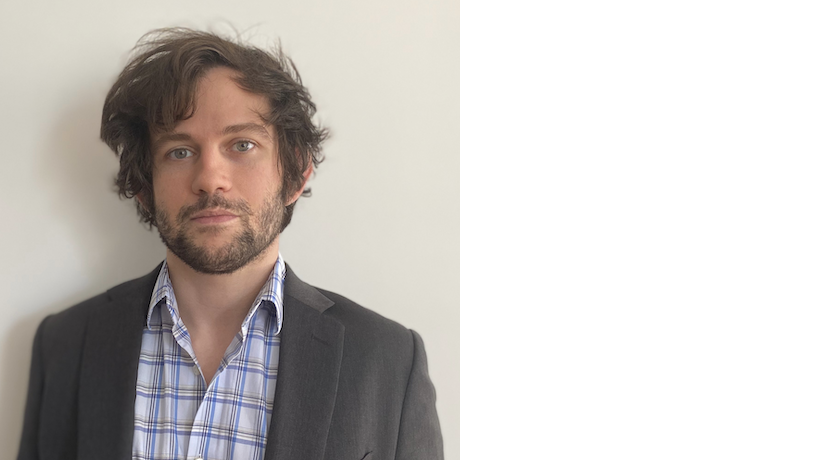
CHRIS DOLAN
Chris Dolan joined the Department of Industrial Engineering and Operations Research as a Lecturer in Discipline in January 2021.
Dolan received his PhD from Columbia University in 2011, his MS from New York University in 2010, and his BS from New York University in 2007. At Columbia, he was a graduate instructor from 2011-2017.
Dolan is a statistician with expertise in risk and performance analysis. He has worked as a data scientist at Hinge, based in New York City, from 2019 to 2020. Prior to that, he was a quantitative researcher at Bloomberg LP and a data scientist at Google.
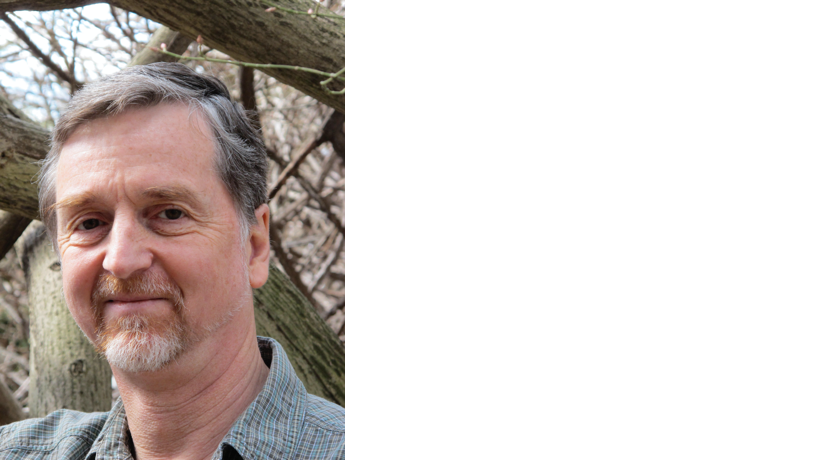
RAYMOND S. FARINATO
Raymond S. Farinato joined the Department of Earth and Environmental Engineering as a Professor of Professional Practice in July 2020.
Farinato received his PhD in physical chemistry from the University of Massachusetts-Amherst in 1976 and a BS in chemistry from Rensselaer Polytechnic Institute in 1971. He was a post doc in biophysics at the University of California at Berkeley and consulted at the Lawrence Berkeley Labs on radiation damage to DNA.
He worked in industry for 39 years at American Cyanamid, Cytec Industries, Kemira, and Solvay. Farinato is experienced in surface and interfacial science and polymer physical chemistry and translates fundamental science and engineering principles into industrial scale technologies. Over his industrial career he worked predominantly in the areas of water-soluble polymers, surface and colloid science, and adhesion science, with an emphasis on applications in the water treatment, waste management, oilfield, materials, and mineral processing industries.
Farinato will be working with colleagues in Earth and Environmental Engineering to form the foundation for a Sustainable Mining, Minerals and Materials program. Research will be directed at developing the next generation of mineral processing methods and chemistries from a “mines of the future” perspective.
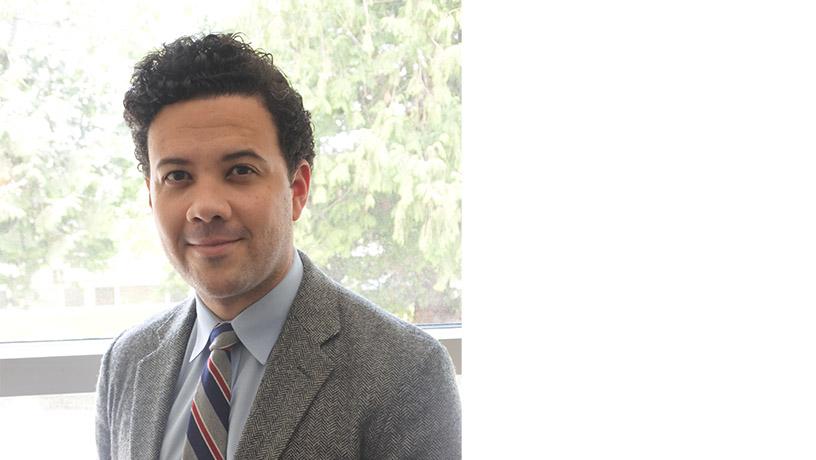
JOSÉ MCFALINE-FIGUEROA
José McFaline-Figueroa joined the Department of Biomedical Engineering as an Assistant Professor in January 2021.
McFaline-Figueroa received his PhD from the Massachusetts Institute of Technology in 2014 and his BS from the University of Puerto Rico at Mayagüez (2006). He was a postdoctoral fellow at the University of Washington (2015-2020).
His research focuses on defining the molecular changes induced in cancer cells after exposure to anti-cancer therapy, how those changes alter response to treatment and how they differ as a function of the genetic background of individual cancer cells. McFaline-Figueroa’s approach includes the development and application of tools centered around single-cell genomics, multiplex genome editing and chemical genetics. He is the recipient of a NIH Ruth L. Kirschstein National Research Service Award.
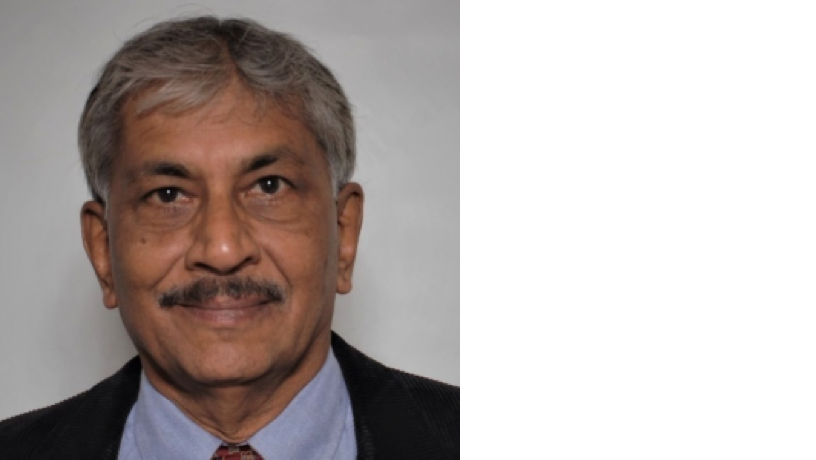
DEVARAYASUMUDRAM RAMACHANDRAN (D.R.) NAGARAJ
D.R. Nagaraj joined Columbia as the Henry Krumb Professor of Professional Practice of Mining in Earth and Environmental Engineering in July 2020.
Nagaraj received his PhD from Columbia University in 1979, his MS from the Indian Institute of Science in 1974 and 1972 and a BS from Bangalore University (India) in 1969. Nagaraj started his career at American Cyanamid in 1979 and held various positions in Cyanamid/Cytec/Solvay over the years. He was previously an adjunct professor and visiting scholar at the Julius Kruttschnitt Mineral Research Centre at the University of Queensland in Australia.
Nagaraj is a globally recognized scientist and a practicing engineer in the mining and mineral resource industry and the research community. He joined Columbia to develop, in collaboration with other faculty, an educational and research program in Sustainable Mineral Resource Management to prepare the next generation of engineers and leaders to transform the field. His work integrates advanced extraction, separation and purification technology with sensors, smart molecules and materials, data analytics, water-energy efficient processing, and improved legacy in a “mines of the future” paradigm. Among his awards are election to the International Mining Hall of Fame (2016) and the National Academy of Engineering (2006), and awards from Society of Mining, Metallurgy and Exploration, the American Institute of Mining, Metallurgical, and Petroleum Engineers, and awards from Cyanamid and Cytec.
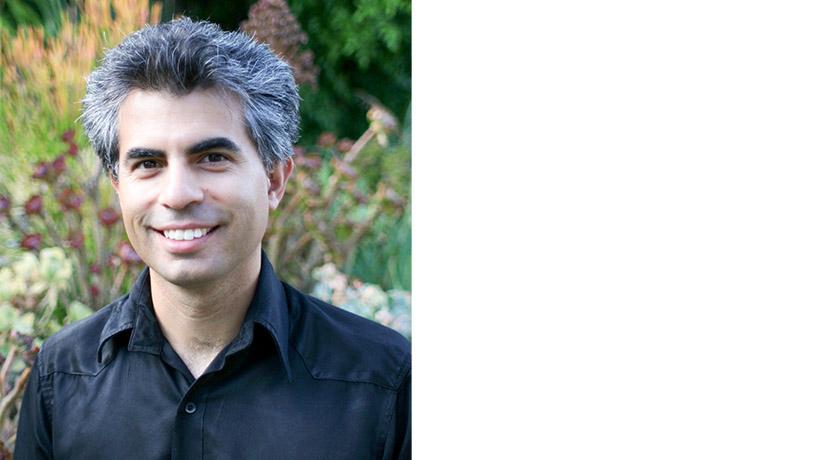
CARLOS PAZ-SOLDAN
Carlos Paz-Soldan joined the Department of Applied Physics and Applied Mathematics as an Associate Professor (with tenure) in January 2021.
Paz-Soldan received his PhD and MSc from the University of Wisconsin-Madison in 2012 and 2009, respectively, and a BScE and BA from Queen’s University at Kingston (Canada) in 2007. In 2012, he was a post doctoral Fellow at Oak Ridge Associated Universities, sited at General Atomics, and since 2014, a Scientist working on controlled thermonuclear fusion research at General Atomics as part of the DIII-D research program.
Paz-Soldan focuses on plasma physics and fusion energy, with an emphasis on the control of off-normal events in tokamaks. His research targets understanding and controlling the transient off-normal events that can prevent the efficient and reliable operation of the tokamak. Specifically, he studies non-axisymmetric (3D) field interactions, core and edge magnetohydrodynamic instabilities, and relativistic electrons in tokamak plasmas.
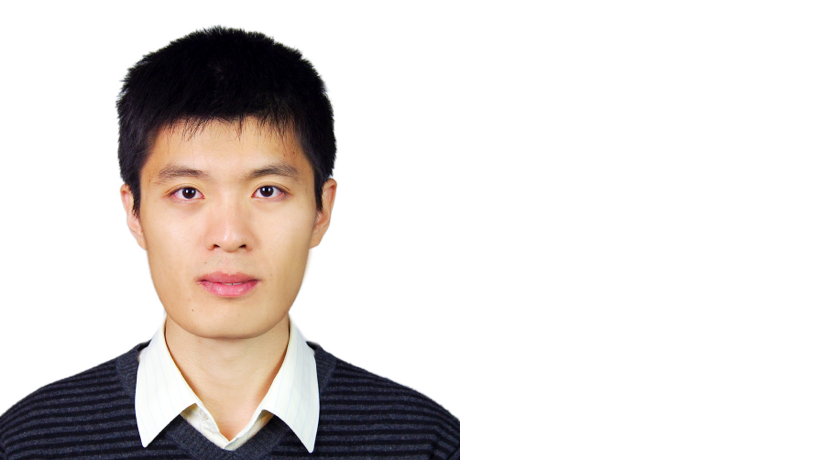
WENPIN TANG
Wenpin Tang joined the Department of Industrial Engineering and Operations Research as an Assistant Professor in July 2020.
Tang received his PhD from UC Berkeley in 2017 and his engineering degree at Ecole Polytechnique in 2013. He received the Prize for Excellence in Financial Markets from Morgan Stanley in 2017. He was a postdoctoral researcher in the Department of IEOR at UC Berkeley from 2019-2020, and an assistant adjunct professor in the Department of Mathematics at UCLA from 2017-2019.
His work lies at the intersection of stochastic analysis, machine learning and quantitative finance. His primary research areas are continuous-time stochastic processes and probabilistic ranking models. Tang’s current research interest is to improve the efficiency of machine learning algorithms using stochastic tools, and to develop robust AI methodology for the emerging fintech market.
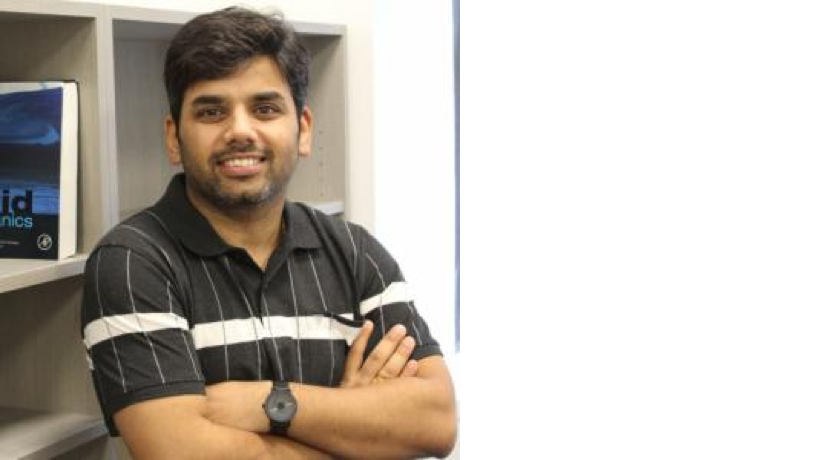
VIJAY VEDULA
Vijay Vedula joined the Department of Mechanical Engineering as an Assistant Professor in January 2020.
Vedula received his PhD from Johns Hopkins University in 2015, his MTech from the Indian Institute of Technology in Kanpur, India in 2009, and his BTech from the National Institute of Technology in Trichy, India in 2007. Prior to Columbia, Vedula was a Postdoctoral Fellow at Stanford University in the Department of Pediatrics from 2015 to 2019.
His research focuses on the application of computational modeling to cardiac disease and development. He works on cardiovascular biomechanics applications and the use of multiscale multi-physics modeling in the detection and treatment of a variety of heart conditions. He is also interested in applying modeling to better understand the role of mechanics during the development of heart tissue including cardiac trabeculations and heart valves. As an Assistant Professor, Vedula teaches students computational fluid dynamics and cardiovascular biomechanics with hands-on projects.
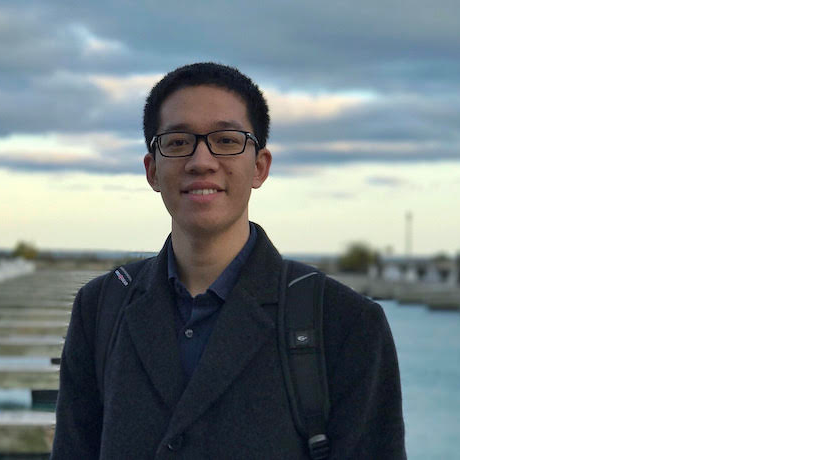
KAIZHENG WANG
Kaizheng Wang joined the Department of Industrial Engineering and Operations Research as an Assistant Professor in July 2020.
Wang received his PhD from Princeton University in 2020 and his BS from Peking University in 2015.
His work is at the intersection of optimization, machine learning, and statistics. He develops and studies scalable algorithms for analyzing massive data that are unstructured, incomplete, and heterogeneous. The methodologies have wide applications in signal processing, network analysis, recommendation systems, distributed computing, etc. He is also interested in uncertainty quantification and robustness certification for complex systems. A main focus of Wang’s research is efficient extraction of key structures from high-dimensional data, which greatly reduces complexity and enhances interpretability. This includes dimensionality reduction, representation learning, clustering, ranking and other weakly supervised machine learning problems where labeled data are scarce and difficult to obtain.
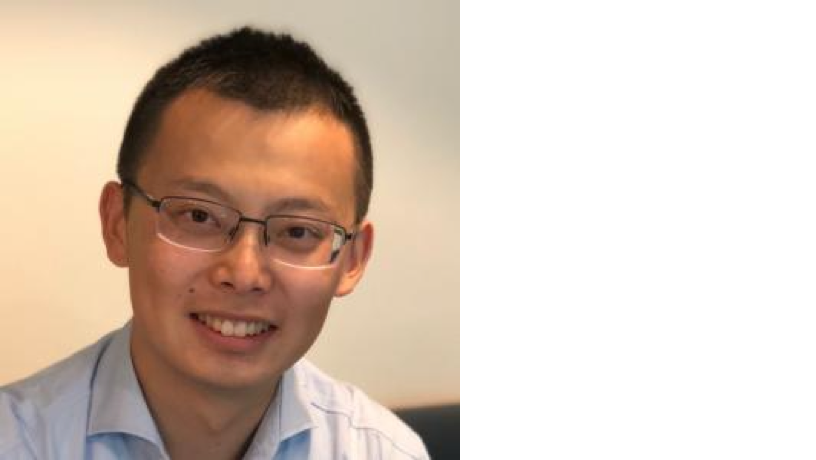
BOLUN XU
Bolun Xu joined Columbia as an Assistant Professor in the Department of Earth and Environmental Engineering in January 2020.
Xu received his PhD from the University of Washington Seattle, his MS from ETH Zurich, and his BS from Shanghai Jiaotong University. Prior to Columbia, he was a postdoc associate at MIT Energy Initiative and Lab for Information and Decision Systems (LIDS).
Xu’s research focus is in the area of energy system planning and operation. He proposes algorithms and market designs toward economic, reliable, and sustainable energy supply for humanity. His research promotes the integration of alternative energy resources such as energy storage and renewable generations. He will teach on the modeling and optimization of energy systems and electricity markets. Xu has received the Scientific Achievement Award from the University of Washington Clean Energy Institute, a Clean Energy Institute Graduate Fellowship, and a Grainger Foundation Fellowship.
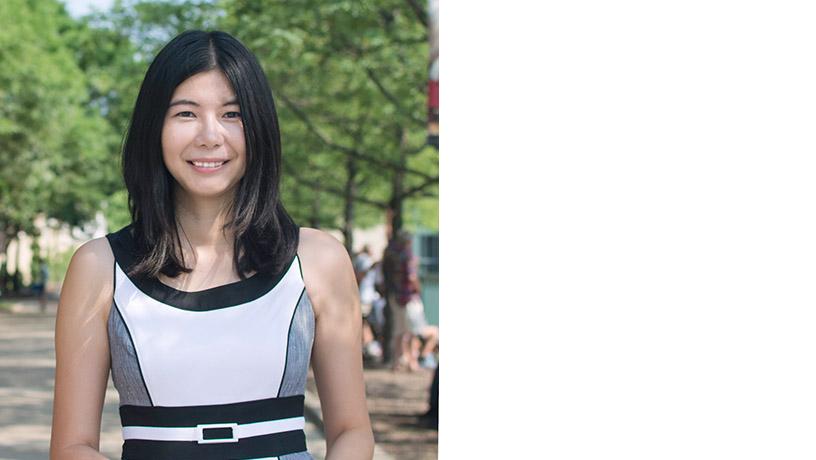
ZHOU YU
Zhou Yu joined the Department of Computer Science as an Assistant Professor in January 2021.
Yu received her PhD from Carnegie Mellon University (2017) and a BS and BA from Chu Kochen Honors College at Zhejiang University (2011). Prior to Columbia, she was an Assistant Professor in the Computer Science Department at University of California, Davis, where she directed the Davis NLP Lab.
Yu designs algorithms for real-time intelligent interactive systems that coordinate with user actions that are beyond spoken languages, including non-verbal behaviors to achieve effective and natural communications. In particular, she optimizes human-machine communication via studies of multimodal sensing and analysis, speech and natural language processing, machine learning and human-computer interaction. Yu aims to bring together all the areas above to design, implement and deploy end-to-end real-time interactive intelligent systems that are able to plan globally considering interaction history and current user actions to achieve better user experience and task performance. She is the winner of a Google GCP Credit Award and has been named an Amazon Alexa Prize Champion and a 2018 Forbes 30 Under 30 in Science.
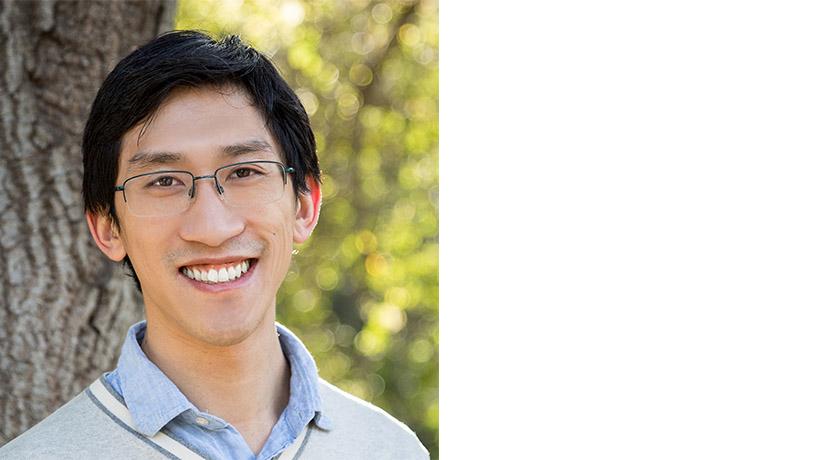
HENRY YUEN
Henry Yuen joined the Computer Science Department as an Assistant Professor in January 2021.
Yuen received a PhD from MIT in 2016 and a BA from the University of Southern California in 2010. He was a postdoctoral associate at UC Berkeley from 2016-2018 and an assistant professor in Computer Science and Mathematics at the University of Toronto between 2018–2020.
Yuen is a theoretical computer scientist whose goal is to understand the fundamental principles of computation and communication in a universe governed by quantum physics (such as ours). He studies questions at the interface of quantum information theory, computational complexity theory, and cryptography. In his research, Yuen utilizes ideas and tools from a variety of disciplines, ranging from complexity theory to quantum physics to information theory. He has made a number of contributions to the theory of quantum multiprover interactive proofs, including the discovery that such interactive proofs can verify solutions to uncomputable problems. Yuen also works on quantum cryptography; some of his contributions include designing protocols for infinite randomness expansion using untrusted quantum hardware. He is the recipient of a Simons-Berkeley Research Fellowship and a Google Quantum Research Award.
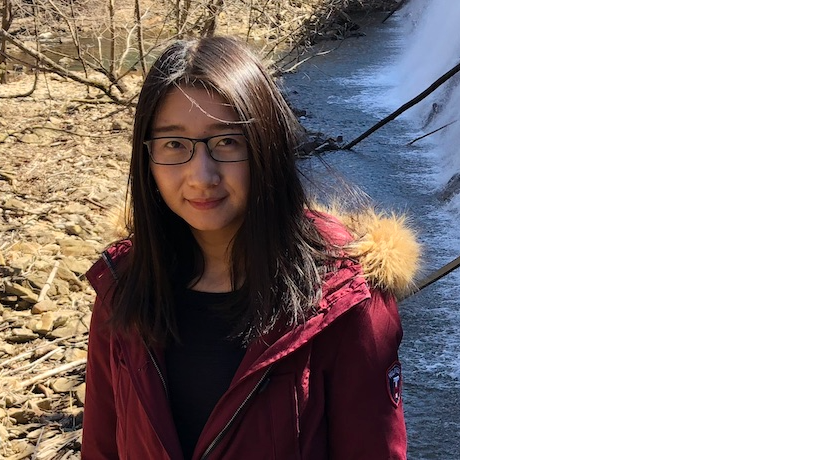
LU ZHANG
Lu Zhang joined the Department of Applied Physics and Applied Mathematics as the Chu Assistant Professor of Applied Mathematics for the term period of July 1, 2020 through June 30, 2023.
Zhang received her PhD from Southern Methodist University in 2020 and her MS from Southern Methodist University in 2017.
Her research interests are in the area of numerical and theoretic analysis of Partial Differential Equations (PDEs) and applied mathematics in general. In particular, she focuses on developing high order discontinuous Galerkin methods in studying various PDEs with physical and biological backgrounds, such as advective wave equations, semi-linear wave equations, chemotaxis models, population dynamics models, etc. PDEs serve as the basic languages that describe the spatial-temporal dynamics of the phenomena within the physical and biological sciences.
